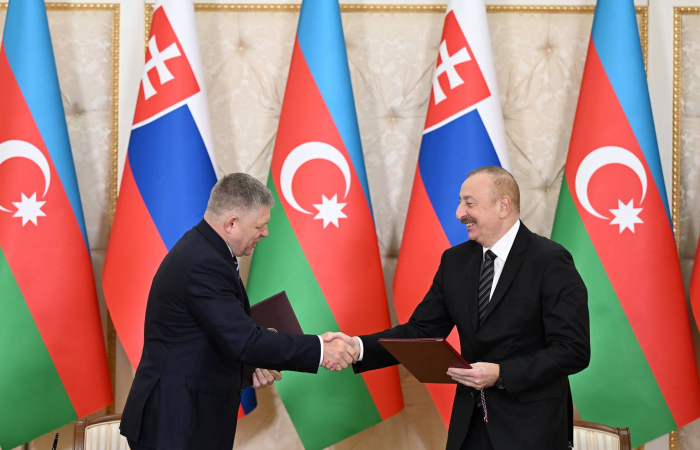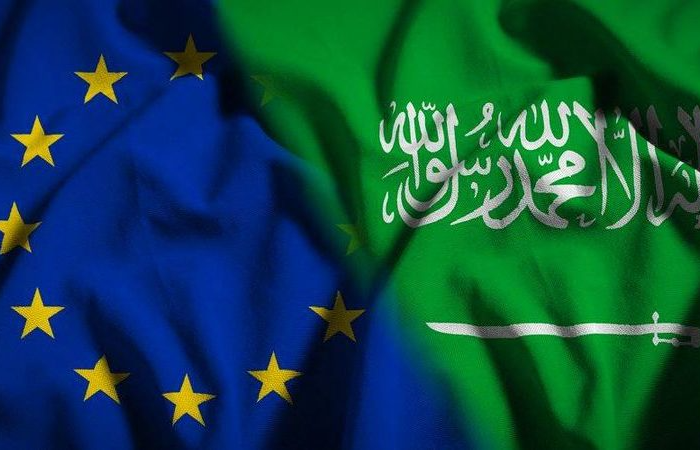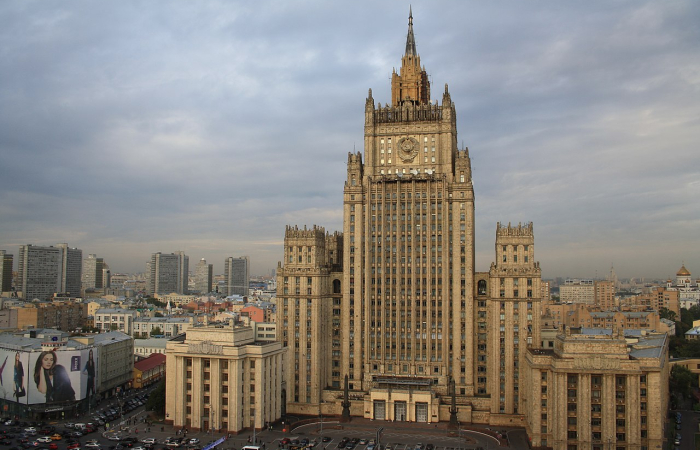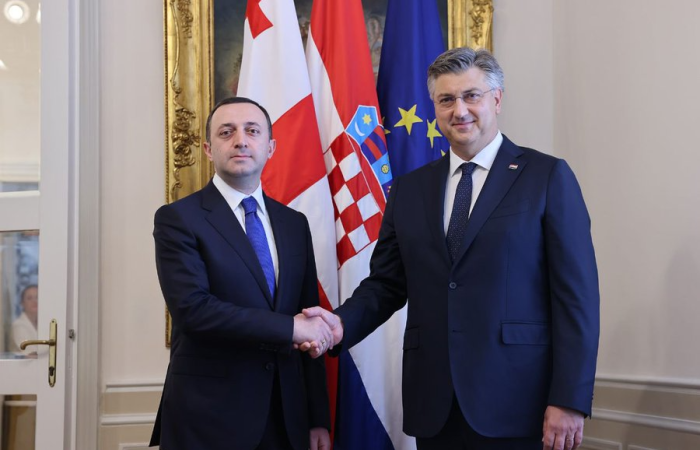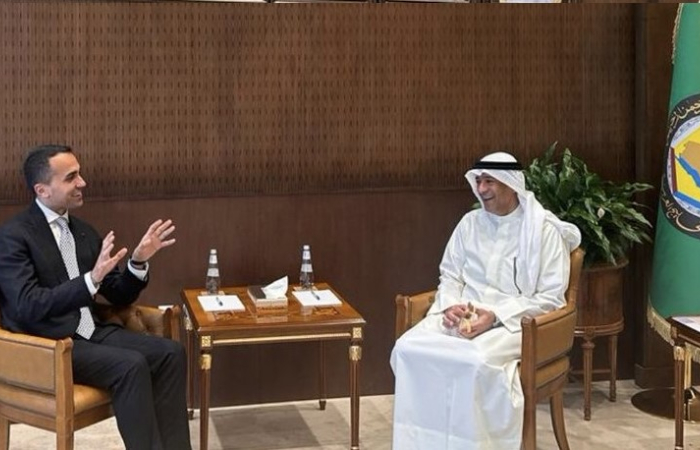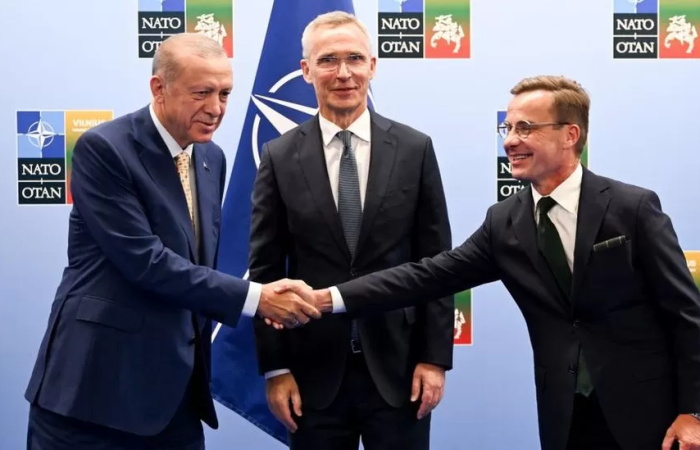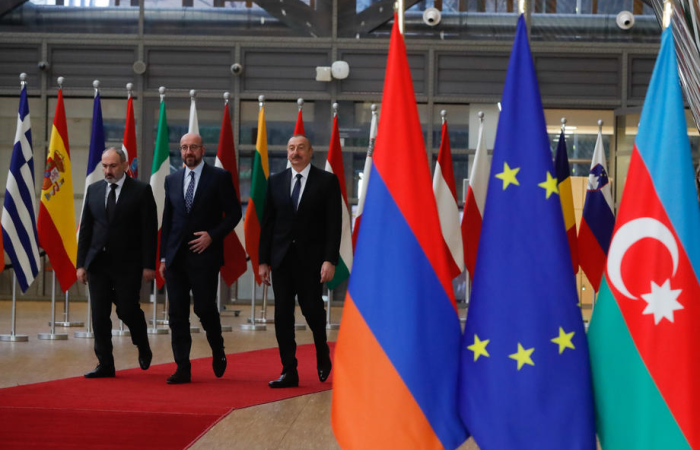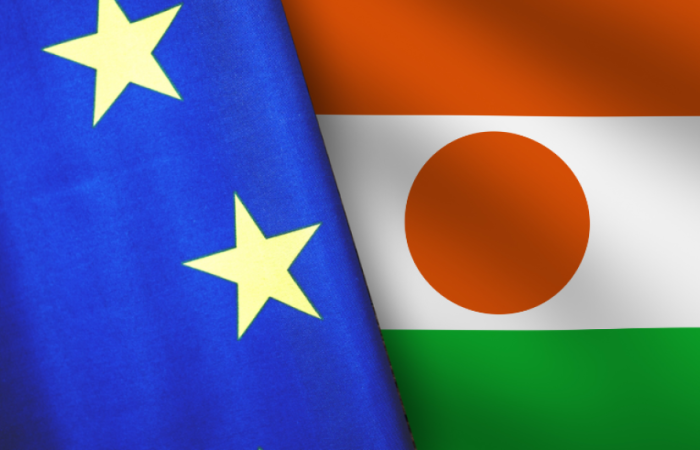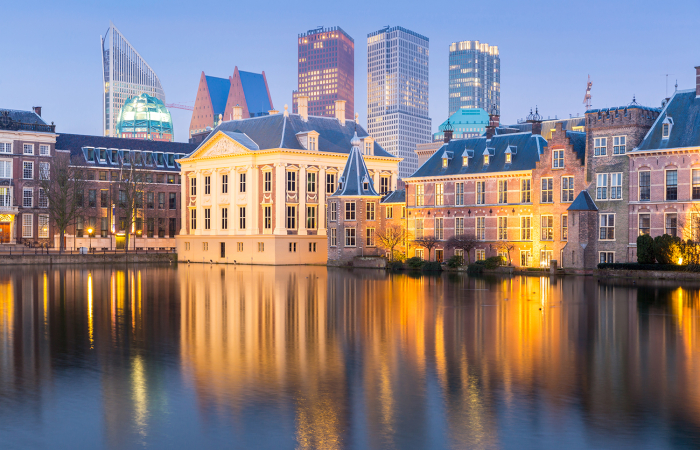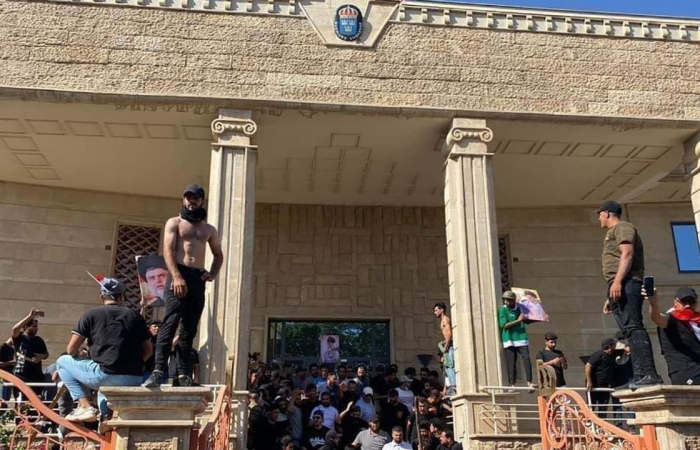Trending
A new era of peace in the Eastern Mediterranean
14 May 2024
A ground breaking meeting between the President of Turkiye, Recip Tayip Erdogan, and Greek Prime minister Kyriakos Mitsotakis, on Monday (13 May) is being hailed as the dawn of a new era of peace in the Eastern Mediterranean. Mitsotakis was in Ankara as the guest of the Turkish leader.
There are no unsolvable problems between Athens and Ankara, President Recep Tayyip Erdoğan said, as he and Greek Prime Minister Kyriakos Mitsotakis praised the state of relations between the two neighbors while pledging to further enhance bilateral ties.
"We had a constructive and positive meeting and discussed problems in Türkiye-Greece relations; We will solve problems through dialogue," Erdoğan said at a joint news conference with Mitsotakis.
Erdoğan said that Ankara and Athens are committed to resolving issues via "cordial dialogue, good neighborly ties, and international law" as outlined in last year's Athens Declaration on Friendly Relations and Good-Neighborliness. Improvement of bilateral relations with Türkiye is yielding concrete and positive results, Greek Prime Minister Kyriakos Mitsotakis said
"I can only begin by thanking you for the warm hospitality today in Ankara, it was a fourth meeting in the last 10 months, which I believe proves that the two neighbors can now establish this approach of mutual understanding, no longer as some exception, but as a productive normality that is not negated by the known differences in our positions," Mitsotakis said.
He said bilateral relations have been progressing, as agreed by the parties, on three levels: political dialogue, positive agenda and confidence-building measures.
"I believe that it is a positive development in a difficult time for international peace, but also for the broader stability in our region," the Greek leader said.




